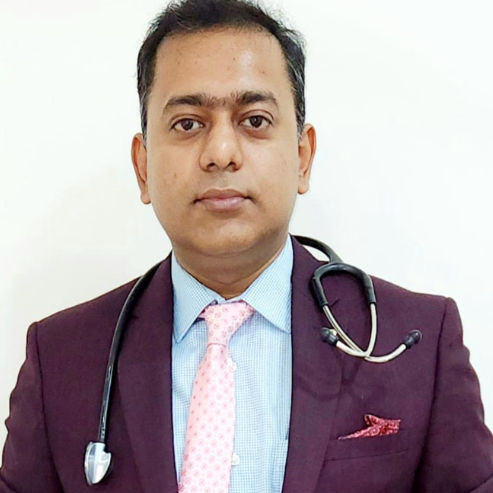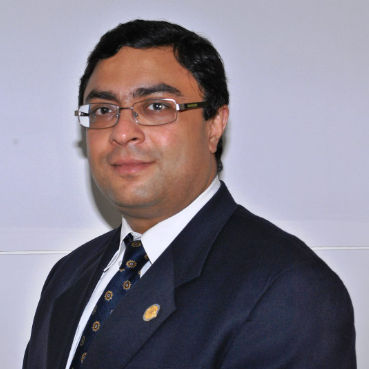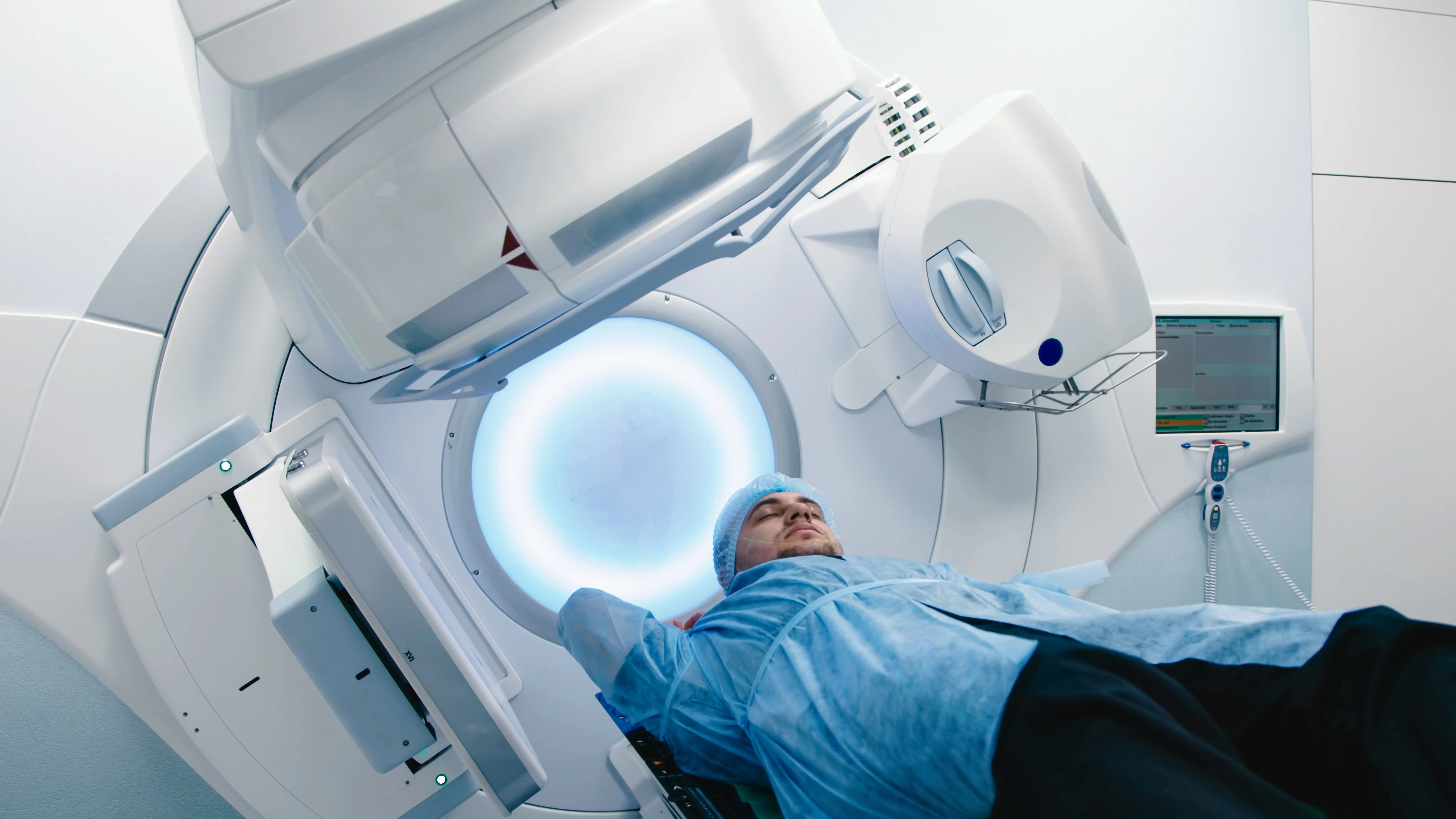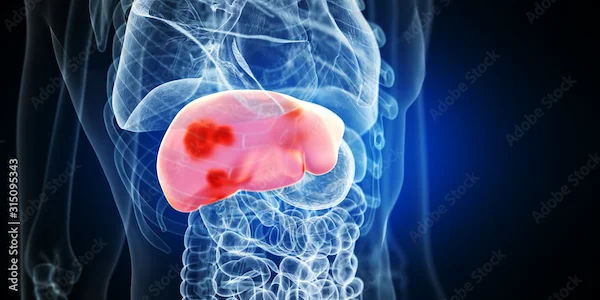Hereditary Cancer Risks and Importance of Screening
Understand hereditary cancer risks, who should consider genetic testing, and why early screening is vital for prevention and treatment. Learn healthy lifestyle tips to lower risk.

Written by Dr. M L Ezhilarasan
Reviewed by Dr. J T Hema Pratima MBBS, Fellowship in Diabetes Mellitus
Last updated on 13th Jan, 2026

Cancer is a disease that affects millions of people worldwide. While many cases occur due to lifestyle or environmental factors, some cancers can be hereditary—meaning they are passed down through families due to genetic mutations. If you have a family history of cancer, understanding your hereditary risk and getting screened early can make a significant difference in prevention, early detection, and treatment.
This article will help you learn about hereditary cancer risks, how they affect health, and why screening is crucial.
What Is Hereditary Cancer?
Hereditary cancer occurs when a person inherits a faulty gene (mutation) from one or both parents, increasing their risk of developing certain cancers. These mutations can be passed down through generations, meaning multiple family members may be affected.
Common Hereditary Cancers Include:
- Breast and Ovarian Cancer (linked to BRCA1 and BRCA2 gene mutations)
- Colorectal Cancer (linked to Lynch syndrome)
- Prostate Cancer (higher risk with certain genetic mutations)
- Pancreatic Cancer (associated with BRCA and other gene mutations)
Not all cancers are hereditary, but if multiple close relatives have had cancer, especially at a young age, genetic testing may be recommended.
How Do Hereditary Cancers Affect Health?
People with hereditary cancer risks have a higher chance of developing cancer at a younger age than those without such risks. Some key concerns include:
- Earlier Onset: Hereditary cancers often appear before age 50.
- Multiple Cancers: A person may develop more than one type of cancer in their lifetime.
- Family History: If multiple relatives have had the same or related cancers, genetic testing may be advised.
However, knowing your risk allows you to take preventive steps, such as regular screenings and lifestyle changes, to reduce the chances of cancer or detect it early when treatment is most effective.
Who Should Consider Genetic Testing?
Genetic testing helps identify if you carry a cancer-related gene mutation. You may be a candidate if:
- Multiple family members have had the same type of cancer.
- Cancer occurred at a young age (before 50).
- family member has a known genetic mutation (e.g., BRCA).
- You have had cancer before age 50 or multiple cancers.
- If any of these apply, consult a doctor about genetic counselling and testing.
Why Is Screening Important?
Early detection through screening can save lives. If you have a hereditary risk, regular screenings help:
- Detect cancer early, when treatment is most successful.
- Monitor high-risk individuals with specialised tests (e.g., mammograms, colonoscopies).
- Guide preventive measures, such as surgery or medications, to lower the risk.
Recommended Screening Tests:
- Breast Cancer: Mammograms, MRI (for high-risk individuals).
- Ovarian Cancer: Pelvic ultrasounds, CA-125 blood tests.
- Colorectal Cancer: Colonoscopy (starting earlier than usual).
- Prostate Cancer: PSA blood tests (for high-risk men).
- Your doctor can recommend a personalised screening plan based on your genetic risk.
Get Your Symptoms Checked now
Lifestyle Changes to Reduce Cancer Risk
While genetics plays a role, healthy habits can lower your risk:
- Eat a Balanced Diet – Focus on fruits, vegetables, whole grains, and lean proteins.
- Exercise Regularly – Aim for at least 30 minutes of activity most days.
- Avoid Smoking & Limit Alcohol – Both increase cancer risk.
- Maintain a Healthy Weight – Obesity is linked to several cancers.
- Protect Against Sun Exposure – Use sunscreen to prevent skin cancer.
Even with a genetic risk, a healthy lifestyle can make a difference.
When to See a Doctor
If you have a family history of cancer, consider:
- Genetic Counselling – A spe
- ialist can assess your risk and recommend testing.
- Regular Screenings – Follow your doctor’s advice on early detection tests.
- Preventive Options – Some high-risk individuals may benefit from medications or preventive surgeries.
If you're concerned about hereditary cancer risks, Apollo 24|7 offers genetic testing and expert consultations to help you understand your risk and take proactive steps.
Final Thoughts
Hereditary cancer risks can be concerning, but knowledge is power. Understanding your family history, getting genetic testing if needed, and following recommended screenings can help you stay ahead of potential risks. With early detection and healthy lifestyle choices, you can take control of your health and reduce the impact of hereditary cancer.
If you have questions or need guidance, consider booking a consultation with a genetic counsellor or oncologist through Apollo 24|7 to explore your options. Your health is worth it!
Consult Top Specialist
Consult Top Specialist

Dr. Sanchayan Mandal
Medical Oncologist
17 Years • MBBS, DrNB( MEDICAL ONCOLOGY), DNB (RADIOTHERAPY),ECMO. PDCR. ASCO
Kolkata
MCR SUPER SPECIALITY POLY CLINIC & PATHOLOGY, Kolkata

Dr Gowshikk Rajkumar
Oncologist
10 Years • MBBS, DMRT, DNB in Radiation oncology
Bengaluru
Apollo Clinic, JP nagar, Bengaluru
Dr. B Shravanthi Reddy
Radiation Specialist Oncologist
8 Years • MBBS, DNB(Radiation Oncology)
Manikonda Jagir
Apollo Clinic, Manikonda, Manikonda Jagir

Dr.sanchayan Mandal
Medical Oncologist
17 Years • MBBS, DrNB( MEDICAL ONCOLOGY), DNB (RADIOTHERAPY),ECMO. PDCR. ASCO
Kolkata
Dr. Sanchayan Mandal Oncology Clinic, Kolkata

Dr Shaikat Gupta Director Surgical Onco
Surgical Oncologist
35 Years • MBBS (University Gold Medalist), MS, FRCSEd
Kolkata
Apollo Multispeciality Hospitals , Kolkata, Kolkata
(250+ Patients)


